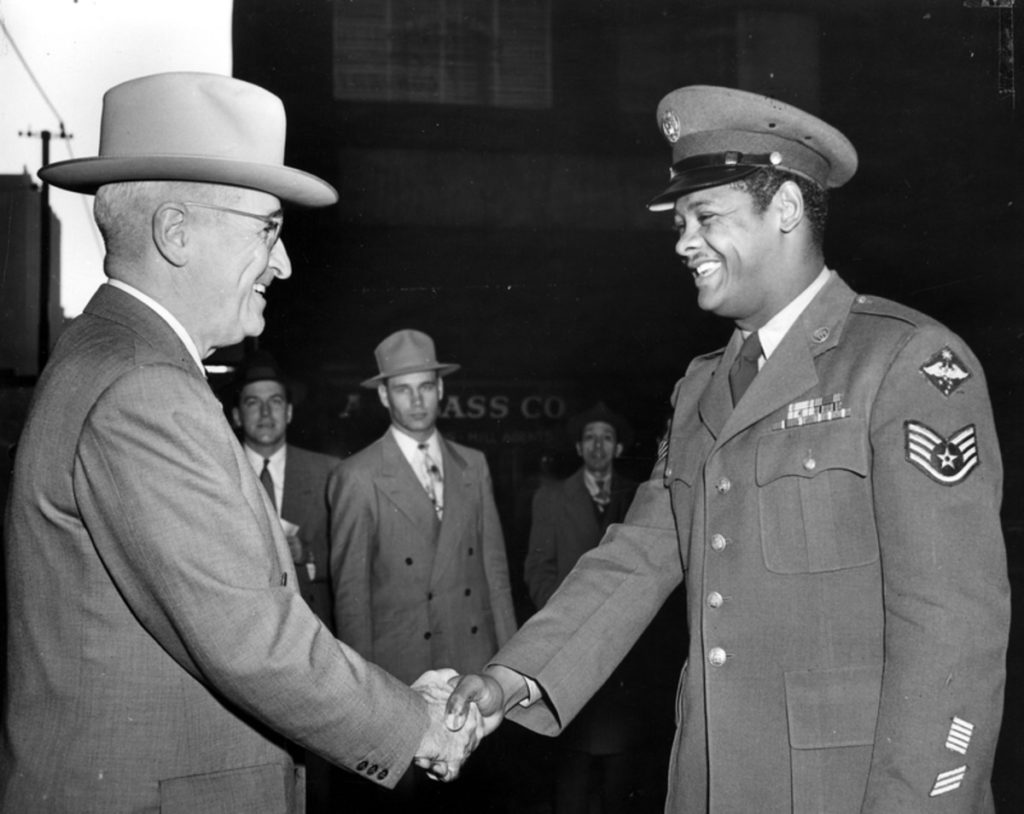Lee Anderson Ignites Tory Civil War: Party Dysfunction Claims

Table of Contents
Keywords: Lee Anderson, Tory civil war, Conservative Party, party dysfunction, UK politics, political crisis, Conservative Party divisions, Anderson controversies, Rishi Sunak, Brexit, Conservative Party leadership
Lee Anderson, the Conservative MP for Ashfield, has once again ignited a furious debate within the Conservative Party, pushing already strained internal relations to a breaking point. His recent comments regarding [Insert specific comments here, e.g., food banks and benefits claimants] have been met with outrage and accusations of undermining the party's unity, leading many to believe the Tories are experiencing a full-blown civil war that threatens their future prospects. This article will examine the escalating conflict and its implications for the party and the UK.
Anderson's Controversial Statements and Their Impact
Lee Anderson’s latest remarks represent a significant escalation in the ongoing tensions within the Conservative Party. His controversial statements, characterized by [describe the tone and nature of the comments, e.g., their bluntness, provocative nature, perceived insensitivity], have triggered a firestorm of criticism.
-
Specific quotes from Anderson’s statements: [Insert direct quotes, accurately attributed]. These quotes, particularly [mention a specific controversial quote and its impact], have proven particularly damaging.
-
Reactions from other Tory MPs and party officials: [Detail reactions, citing specific individuals and their positions. Include quotes where possible, highlighting divisions within the party]. For example, [MP X] stated [quote], while [MP Y] offered a more measured response, indicating [their position].
-
Public and media response to Anderson’s remarks: [Summarize public and media reaction, noting the range of opinions expressed. Mention specific news outlets and their stances]. The reaction has been largely negative, with many accusing Anderson of being out of touch with ordinary people and damaging the party’s reputation.
-
Analysis of the potential damage to the party's image: Anderson's comments risk alienating moderate voters and further damaging the Conservative Party's image, already struggling in the polls. The controversy highlights internal divisions and undermines the party's efforts to project a unified front.
The Underlying Divisions Within the Conservative Party
Anderson's outburst is not an isolated incident but rather a symptom of deeper, pre-existing fissures within the Conservative Party. These divisions have been simmering for years and are now threatening to boil over.
-
Differences in political ideology (e.g., Euroscepticism vs. pro-EU): The legacy of Brexit continues to fuel significant divisions, with a clear split between those who favor a hard Brexit and those who advocate for a closer relationship with the EU.
-
Conflicts over policy issues (e.g., taxation, social issues): Disagreements on taxation policies, welfare reform, and social issues contribute to the ongoing internal conflict, with different factions pushing for contrasting agendas.
-
Power struggles between different wings of the party: The struggle for power between different factions, such as the traditional conservatives versus the more libertarian wing, exacerbates existing tensions.
-
Impact of recent electoral performance on internal divisions: Poor recent electoral performance has intensified internal blame-gaming, with various factions pointing fingers and vying for control within the party.
The Response from Party Leadership and Potential Consequences
The official response from the party leadership has so far been [describe the response - muted, supportive, condemnatory, etc.].
-
Statements from Rishi Sunak or other key figures: [Quote statements from key figures, analyzing their tone and implications for party unity]. Sunak's response will be crucial in shaping the narrative and determining the consequences.
-
Disciplinary actions taken or considered: [Discuss any disciplinary actions taken against Anderson or other potential actions being considered]. The lack of strong action could embolden other dissenting voices within the party.
-
Potential long-term effects on party unity and future leadership: The ongoing conflict could severely damage party unity, potentially leading to further resignations and impacting the party's ability to govern effectively. It could also affect the future leadership, potentially weakening Sunak's position.
-
Impact on public opinion and voter confidence: The internal fighting is likely to erode public trust and voter confidence in the Conservative Party, potentially harming its prospects in future elections.
Impact on the UK Government's Stability
The Tory civil war poses a significant threat to the stability of the UK government.
-
Risk of further resignations from government: The ongoing conflict increases the risk of further resignations from government, weakening the executive branch.
-
Potential for a vote of no confidence in Rishi Sunak: While unlikely in the immediate future, the continued turmoil could increase the pressure on Sunak, potentially leading to a vote of no confidence.
-
Impact on government's ability to function effectively: The internal divisions distract from crucial policy decisions and legislation, potentially leading to ineffective governance.
-
Impact on upcoming policy decisions and legislation: The political turmoil could hinder the government's ability to pass crucial legislation and implement important policies.
Conclusion
Lee Anderson's latest pronouncements have significantly exacerbated existing fault lines within the Conservative Party, triggering a potentially damaging internal conflict. The party's response, or lack thereof, will be crucial in determining the extent of the damage and the long-term consequences for both the party and the UK government. This escalating "Tory civil war" raises serious questions about the party's future stability and ability to govern effectively. The impact extends beyond the Conservative Party itself, potentially destabilizing the UK government and affecting crucial policy decisions.
Call to Action: Stay informed about the unfolding Tory civil war and its implications for UK politics. Follow us for the latest updates on Lee Anderson and the escalating divisions within the Conservative Party. Subscribe to our newsletter to receive regular analysis on this crucial political development.

Featured Posts
-
 Stroud And Cheltenham Gigs Catch James B Partridge Live
May 02, 2025
Stroud And Cheltenham Gigs Catch James B Partridge Live
May 02, 2025 -
 Ramos And Frances Six Nations Domination A Scotland Rout
May 02, 2025
Ramos And Frances Six Nations Domination A Scotland Rout
May 02, 2025 -
 Christina Aguileras Transformation Fans React To Her Changed Appearance
May 02, 2025
Christina Aguileras Transformation Fans React To Her Changed Appearance
May 02, 2025 -
 Is Xrp Ripple A Buy Under 3 A Detailed Investment Analysis
May 02, 2025
Is Xrp Ripple A Buy Under 3 A Detailed Investment Analysis
May 02, 2025 -
 End Of School Desegregation Order Implications And Future Of Integration
May 02, 2025
End Of School Desegregation Order Implications And Future Of Integration
May 02, 2025
